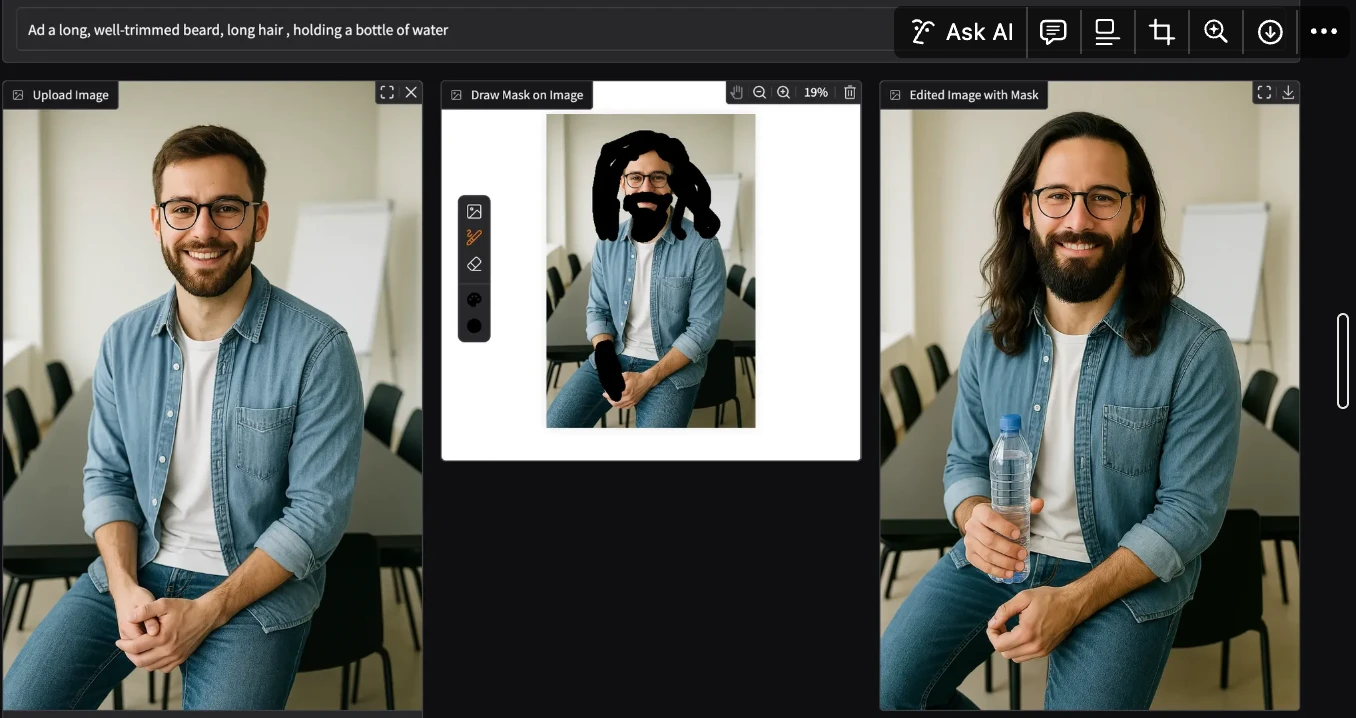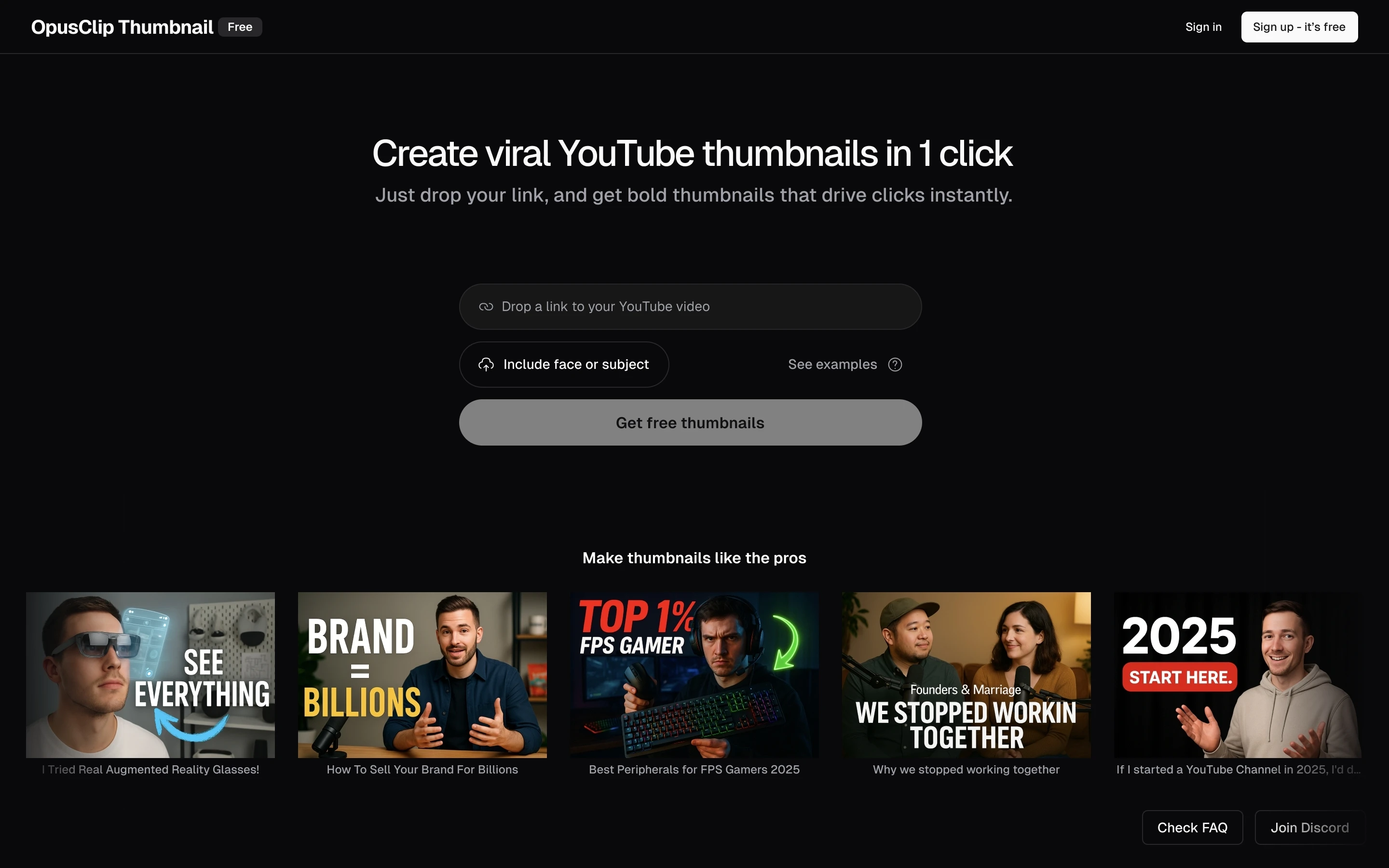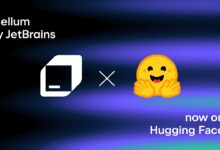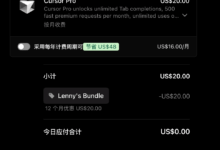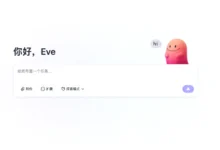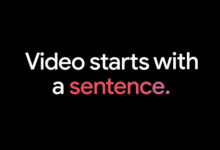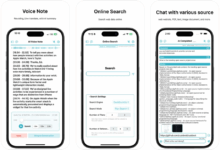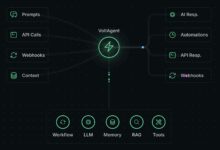OpenAI recently announced that it has made its latest image generation model gpt-image-1 Officially available to developers and enterprises via API. The model has previously been used in ChatGPT and has been well received by users for its powerful image generation capabilities. According to OpenAI, in the first week of integrating the feature into ChatGPT, users around the world created over 700 million images. Now, opening it up in the form of an API means that third parties can integrate this image generation capability directly into their own apps and services.
gpt-image-1 is described as a native multimodal model capable of accepting both text and images as input and generating image output. This feature allows it to not only create images based on text descriptions (Text-to-Image), but also to edit or generate new images based on user uploaded images and text prompts (Image-to-Image), and even supports features such as local modification (Inpainting) and text conversion editing. Compared to its predecessor, the DALL-E series of models, thegpt-image-1 Enhancements in understanding and executing more detailed and complex commands, especially the ability to accurately render text in images, which is valuable for application scenarios that require a combination of graphics and text (e.g., instructional materials, storybook illustrations).
The model supports multiple resolutions including 1024x1024, 1024x1536 and 1536x1024 pixels with a minimum requirement of 1024 pixels in width and height. Developers can use the v1/images/generations API endpoint calls to the image generation function.v1/images/edits Endpoints are then used for image editing.
Pricing and access mechanisms
gpt-image-1 The API calls are billed using a Token-based billing model and differentiate between different types of Token:
- Text input Token (prompt word): 5.00 USD per million Token.
- Image Input Token (input image): The fee is $10.00 per million Token.
- Image Output Token (generates an image): The fee is $40.00 per million Token.
The cost of generating a single image varies depending on the quality and size of the image. For example, the cost of generating a 1024x1024 pixel image is approximately $0.011, $0.042 and $0.167 for low, medium and high quality, respectively. The cost of higher resolution images increases accordingly.
| Image Quality | resolution (of a photo) | Price per image |
|---|---|---|
| Low | 1024x1024 | $0.011 |
| Low | 1024x1536 | $0.016 |
| Low | 1536x1024 | $0.016 |
| Medium | 1024x1024 | $0.042 |
| Medium | 1024x1536 | $0.063 |
| Medium | 1536x1024 | $0.063 |
| High | 1024x1024 | $0.167 |
| High | 1024x1536 | $0.25 |
| High | 1536x1024 | $0.25 |
In addition, OpenAI has set Rate Limits to ensure the stability and fairness of the service, which are categorized into different tiers (Tier 1 to Tier 5), with different Token Per Minute (TPM) and Image Per Minute (IPM) processing caps for different tiers of users. Limits are automatically relaxed as user API usage increases and fees rise.
| Tier | TPM (Token Per Minute) | IPM (images per minute) |
|---|---|---|
| Free | unsupported | - |
| Tier 1 | 40,000 | 5 |
| Tier 2 | 100,000 | 20 |
| Tier 3 | 400,000 | 50 |
| Tier 4 | 2,000,000 | 150 |
| Tier 5 | 6,000,000 | 250 |
gpt-image-1 The model is currently available globally through the Images API and will support the Responses API in the future; some developers may need to complete organizational validation before using the model.
The model is also available on Microsoft's Azure AI Foundry platform for Azure customers, further expanding its coverage and application scenarios.
Ecological Integration and Application Prospects
commander-in-chief (military) gpt-image-1 A notable signal of opening up to APIs is their rapid integration with a wide range of existing tools and platforms. This shows the accelerating trend of embedding advanced AI capabilities into users' daily workflows.
Several well-known companies have or are planning to bring gpt-image-1 integrated into their products:
- Adobe. will offer OpenAI's image generation capabilities in its creative tools such as Firefly and Express, allowing creators to experiment with different generation styles in familiar tools.
- Airtable. Enhance its workflow management capabilities with this model to help enterprise marketing and creative teams manage material at scale, such as generating campaign concepts, localized media content, and more.
- Figma. integrated in its design platform Figma Design.
gpt-image-1The program allows users to generate and edit images with simple text prompts, adjust styles, add/remove objects, extend backgrounds, and more. - Gamma. AI is used daily to generate a large number of images to assist users in creating presentations and websites, utilizing the
gpt-image-1Generate charts, edit image content and standardize styles.
- HeyGen. Integrate the model to improve its avatar creation and editing capabilities, providing more flexible customization options.
- OpusClip. Its AI thumbnail generation tool, OpusClip Thumbnail, utilizes the
gpt-image-1Generate personalized thumbnails for YouTube creators that match the content and title of the video. - Quora. commander-in-chief (military)
gpt-image-1set as its default image model, improving the quality of image generation for millions of users on its platform. - Wix. Integrated into its AI design platform, Wixel, is an image generation feature that helps users turn ideas into designs with editing options.
- Photoroom. on the basis of
gpt-image-1Launched AI tools such as Product Beautifier, Product Staging and Virtual Model to help online sellers quickly create high-quality product visuals. - Playground. Use the model to provide its users with more powerful design editing capabilities, such as changing styles, colors and applying models.
In addition, it includes Canva, GoDaddy, HubSpot, Instacart, invideo More platforms including are also exploring or testing integration gpt-image-1 The application scenarios cover a wide range of fields such as design assistance, logo creation, marketing material production, recipe image generation, video editing and so on. This extensive collaboration and exploration signals the further penetration of AI image generation technology into productivity tools across a wide range of industries.
Safety Considerations
OpenAI emphasizes thatgpt-image-1 The API employs the same security safeguards as 4o model image generation in ChatGPT, designed to limit the generation of harmful images. At the same time, generated images will contain C2PA metadata, a technical standard for tracking the origin and authenticity of content, helping to improve transparency and combat disinformation. Developers can also use the moderation parameter adjusts the sensitivity of the content filtering (default is autoOptional low).
OpenAI has reiterated its policy of not using customer API data for training by default, and all image inputs and outputs delivered via the API are subject to its usage policy. On the Azure platform, additional Azure AI content security and abuse monitoring measures are applied.
gpt-image-1 The release of the API marks the move of high-quality AI image generation capabilities from closed applications to a broader developer ecosystem. Its multimodal nature, improved performance, and integration with many mainstream platforms may significantly lower the threshold for professional-grade image content creation and give rise to new application models. However, its complex Token-based pricing model and rate limitation also pose new considerations for developers in terms of cost control and application scaling. In the future, observing how the technology lands in real-world applications, is optimized, and addresses potential risks of abuse will be key to assessing its true value.


